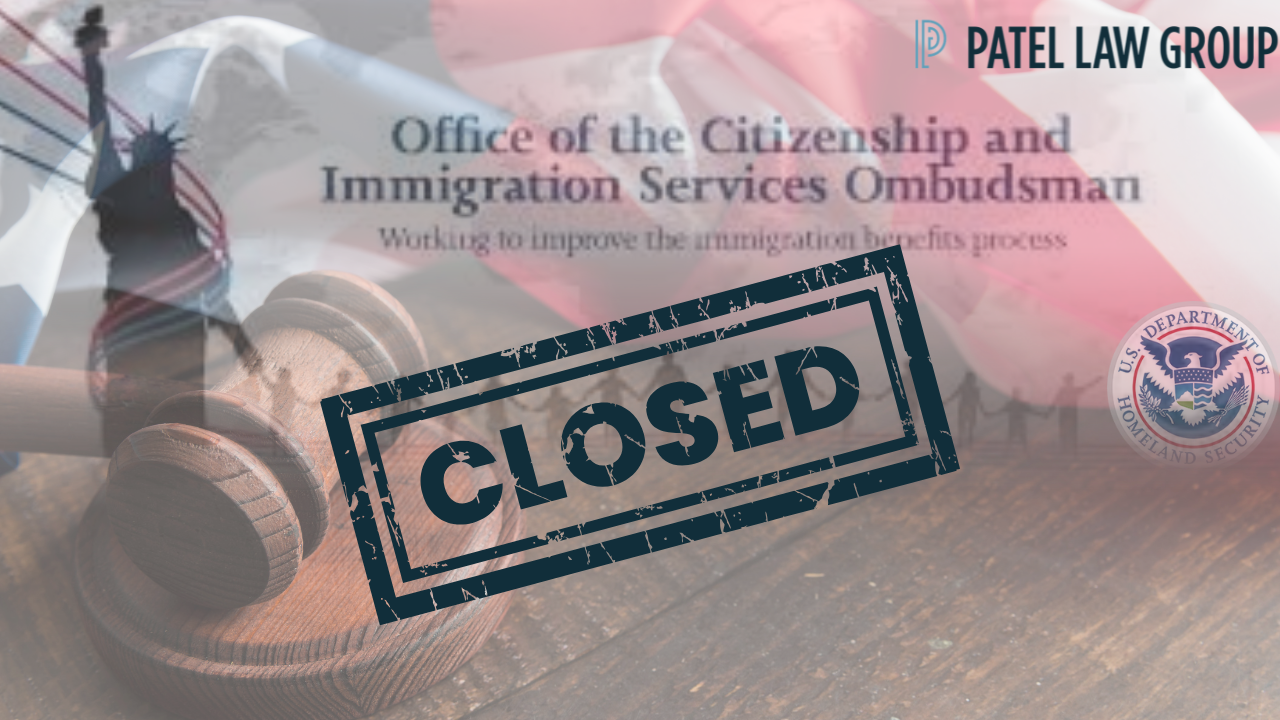On March 21, 2025, a significant development unfolded in the realm of U.S. immigration oversight. The Office of the Citizenship and Immigration Services Ombudsman (CIS Ombudsman) received a directive to cease operations. This directive, issued by the U.S. Department of Homeland Security (DHS), effectively placed all CIS Ombudsman staff, except for one Senior Executive Service staff member, on a 60-day paid administrative leave. Staff members were also informed of potential reductions in force effective May 23, 2025. This decision marked the abrupt closure of a statutorily mandated agency that had provided oversight and accountability over U.S. Citizenship and Immigration Services (USCIS) for 23 years. Notably, this action occurred without any change to the Homeland Security Act by Congress.
The Role of CIS Ombudsman
The CIS Ombudsman was established under the Homeland Security Act of 2002 as an impartial and independent entity. Its primary mission was to act as a liaison between USCIS and the public, offering assistance with immigration benefit petitions, analyzing systemic issues, and recommending improvements directly to USCIS. Staffed by experts with extensive knowledge of customer service and immigration law, the Ombudsman played a crucial role in ensuring that USCIS operated efficiently and fairly.
In 2023 alone, the CIS Ombudsman received nearly 30,000 requests for case assistance. The office was instrumental in providing recommendations to USCIS, such as the implementation of policies to improve employment eligibility verification and the enhancement of online tools to streamline adjudications. The Ombudsman also held regular discussions with legal representatives and stakeholders to address issues such as foreign worker layoffs and international student concerns.
Impact of the Closure
The sudden halt in operations has significant implications. The CIS Ombudsman’s oversight functions offered transparency and accountability, serving as a “second set of eyes” for USCIS. Its closure means that individuals and businesses seeking assistance with immigration matters will have fewer resources to rely on. Previously, these parties could submit case assistance requests using DHS Form 7001, but without the Ombudsman, such requests may overwhelm congressional offices already burdened with casework.
Moreover, the CIS Ombudsman’s independent oversight was essential for maintaining public trust in USCIS. The office could objectively monitor whether USCIS adhered to its rules and procedures, thus ensuring transparency in government operations. The removal of this oversight could lead to increased opacity and decreased accountability within USCIS.
The Legal and Legislative Implications
The executive branch’s decision to close the CIS Ombudsman without congressional approval raises questions about the separation of powers. The executive branch is required to carry out congressional mandates unless Congress repeals or amends them or the judiciary rules them unconstitutional. Existing case law suggests that the executive does not have the unilateral power to dismantle an agency created by Congress. Although DHS contends in litigation that it has not dissolved the office, the actions taken have effectively stripped the CIS Ombudsman of its ability to fulfill its statutory duties.
The legal community and stakeholders must now look to Congress to hold the Administration accountable. Reinstating the CIS Ombudsman and ensuring it is fully funded through appropriations is critical to maintaining the integrity of the U.S. immigration system.

Conclusion
The closure of the CIS Ombudsman represents a significant shift in U.S. immigration oversight. This development underscores the importance of maintaining independent oversight mechanisms to ensure transparency, accountability, and efficiency within government agencies. As the situation unfolds, it remains crucial for legal professionals, stakeholders, and lawmakers to advocate for the reinstatement of the CIS Ombudsman to safeguard the rights and interests of individuals and businesses navigating the complex immigration landscape.